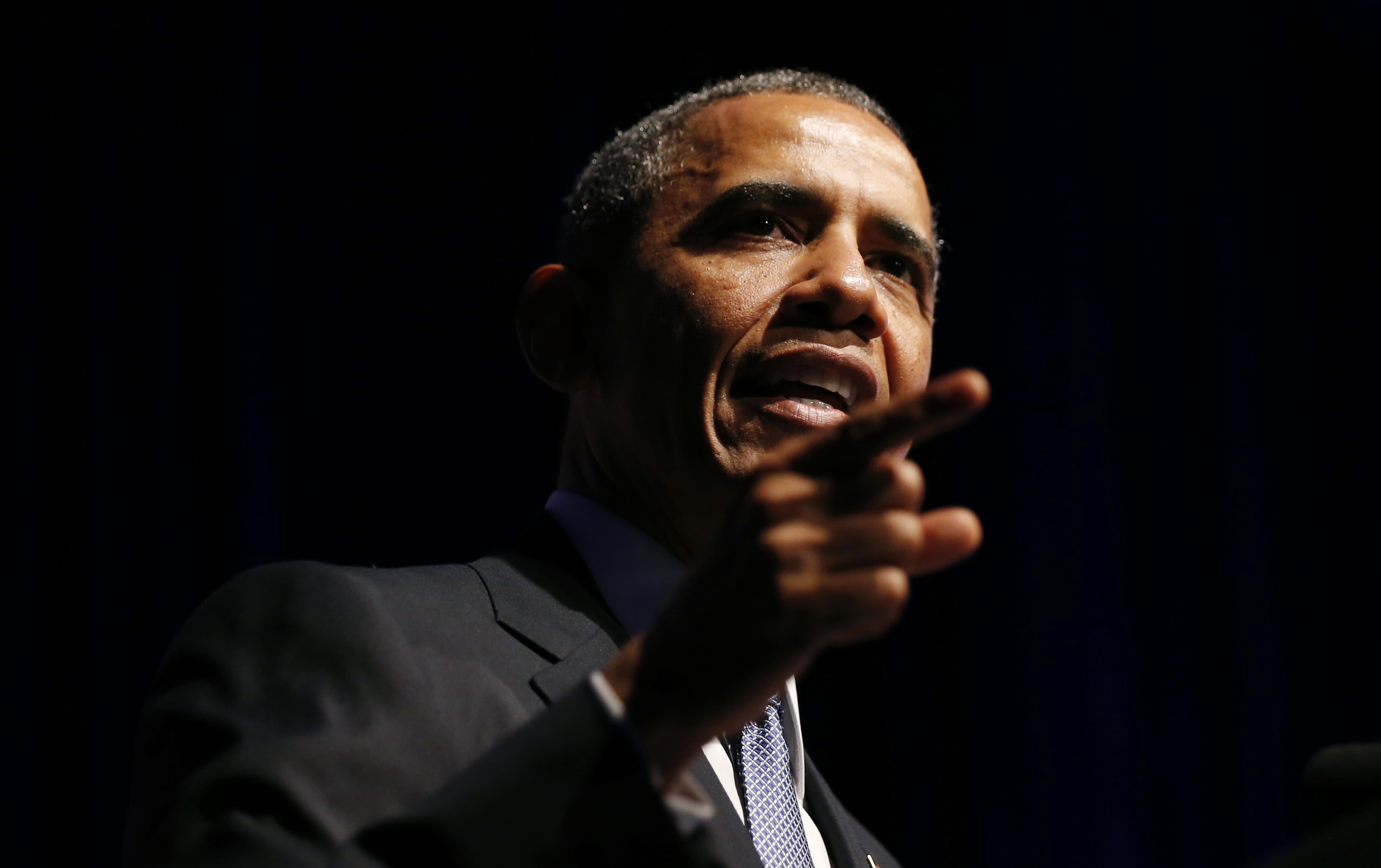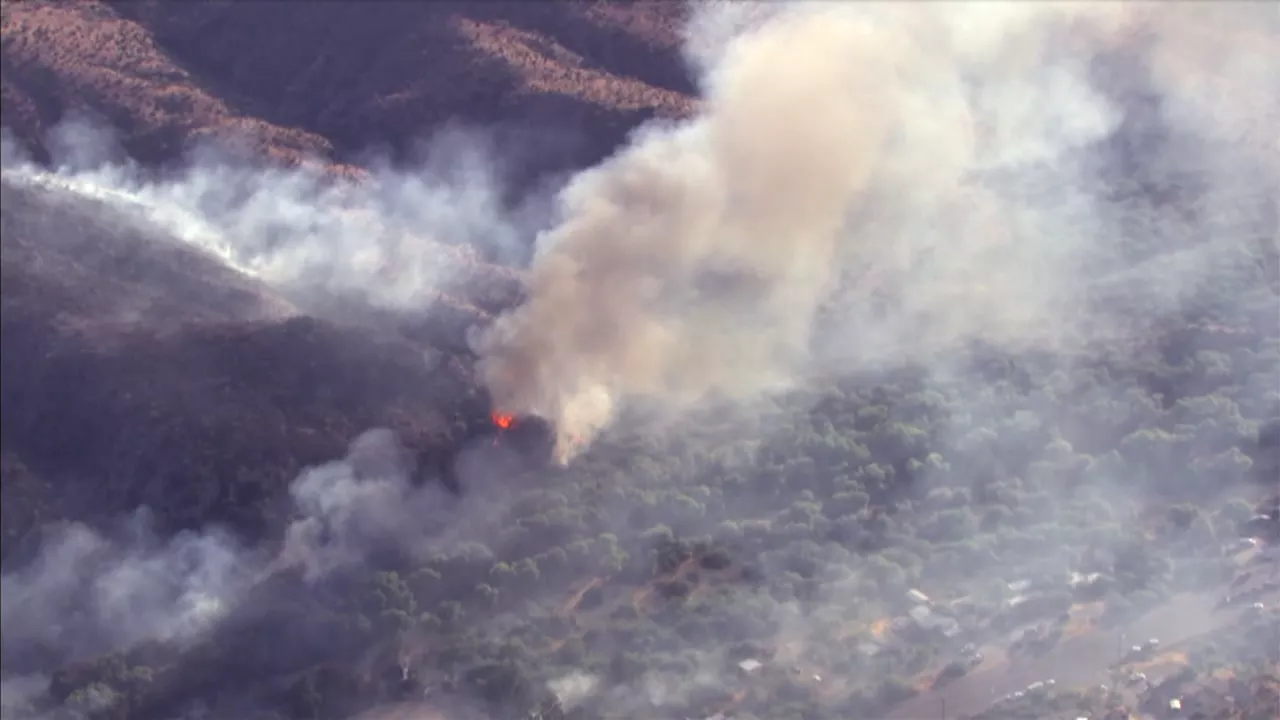
Trump's Executive Orders Draw Resistance and Legal Scrutiny
In the first days of his presidency, Donald Trump signed a flurry of executive orders, a series of directives that have far-reaching implications for the country. These orders have been met with resistance from both Democrats and Republicans, as well as legal challenges. The orders cover a wide range of issues, including immigration, healthcare, and environmental protection.
Immigration
One of the most controversial executive orders signed by Trump was the travel ban. This order temporarily banned citizens from seven Muslim-majority countries from entering the United States. The order was met with widespread criticism, and it was quickly challenged in court. A federal judge in Washington State blocked the order, but it was later reinstated by the Ninth Circuit Court of Appeals. The Supreme Court is scheduled to hear arguments on the travel ban in April.
In addition to the travel ban, Trump has also signed executive orders that call for the construction of a wall on the border with Mexico, and for an increase in the number of deportations. These orders have also been met with resistance, and they are likely to face legal challenges.
Healthcare
Trump has also signed executive orders that affect the Affordable Care Act (ACA). One order directs the government to stop making payments to insurers under the ACA. Another order allows states to waive certain requirements of the ACA. These orders have been criticized by Democrats, who say they will lead to higher healthcare costs for Americans. The orders are also likely to face legal challenges.
Environmental Protection
Trump has also signed executive orders that affect environmental protection. One order directs the Environmental Protection Agency (EPA) to review and potentially repeal regulations put in place by former President Obama. Another order withdraws the United States from the Paris Agreement on climate change. These orders have been criticized by environmentalists, who say they will damage the environment and harm public health. The orders are also likely to face legal challenges.
Legal Challenges
Several of Trump's executive orders have been challenged in court. Some of the lawsuits have been successful, while others have failed. It is likely that more lawsuits will be filed as Trump continues to issue executive orders. The legal challenges to Trump's executive orders raise important questions about the separation of powers and the role of the judiciary. These challenges will likely continue to play out in the courts for months or even years.
Resistance
In addition to legal challenges, Trump's executive orders have also been met with resistance from Democrats and Republicans. Democrats have criticized the orders as unconstitutional and harmful to the country. Some Republicans have also expressed concerns about the orders. For example, Sen. John McCain (R-AZ) said that the travel ban "is not the right way to protect our country or respond to the threat of terrorism."
The resistance to Trump's executive orders has taken many forms. Some people have organized protests, while others have called their elected representatives to express their concerns. Some businesses have also taken steps to resist the orders. For example, several companies have filed lawsuits against the travel ban.
Conclusion
Trump's executive orders have had a significant impact on the United States. The orders have been met with resistance from Democrats and Republicans, as well as legal challenges. It is likely that the legal challenges and resistance will continue for months or even years. The outcome of these challenges will have a major impact on the future of the Trump administration and the country.











